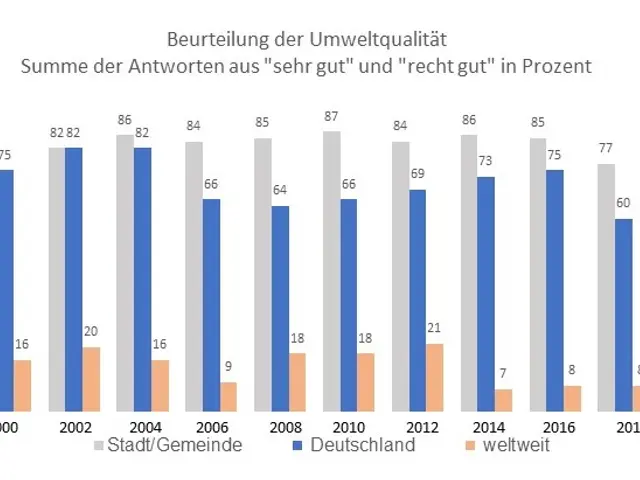Study Reveals Distinct Risk Factors for Suicide Attempts and Completions
A groundbreaking study presented at the 2025 World Congress of Psychiatric Genetics has shed new light on the distinct risk factors driving suicide attempts and completions. The research, led by Fenfen Ge, MD, PhD, challenges traditional risk assessment tools and urges a rethink of prevention strategies.
The case-control study found that neurobiological mechanisms in the brain's stress response and reward processing systems differentially influence the risk of suicide attempts and completions. While impulsivity and acute stress responses were more strongly linked to attempts, chronic psychiatric conditions and severe neurobiological dysregulation were more associated with completed suicides.
The study highlights the need to move away from one-size-fits-all prevention protocols. Social isolation, access to lethal means, and past trauma played variable roles in mediating risk for attempts compared with completions. Distinguishing these risk profiles could guide personalized care plans, including tailored monitoring, therapeutic approaches, and follow-up schedules.
Ge encourages further exploration of the findings in the full publication via JAMA Psychiatry. Future research should validate these findings across broader demographic groups and geographical regions, and combine interdisciplinary approaches. Integrating genetic and epigenetic data into risk prediction models could also optimize prevention strategies.
The study's findings underscore the complex nature of suicidality and the necessity for a nuanced understanding of its risk factors. By differentiating between suicide attempts and completions, stakeholders can better tailor prevention efforts, reduce stigma, and ultimately save lives.






